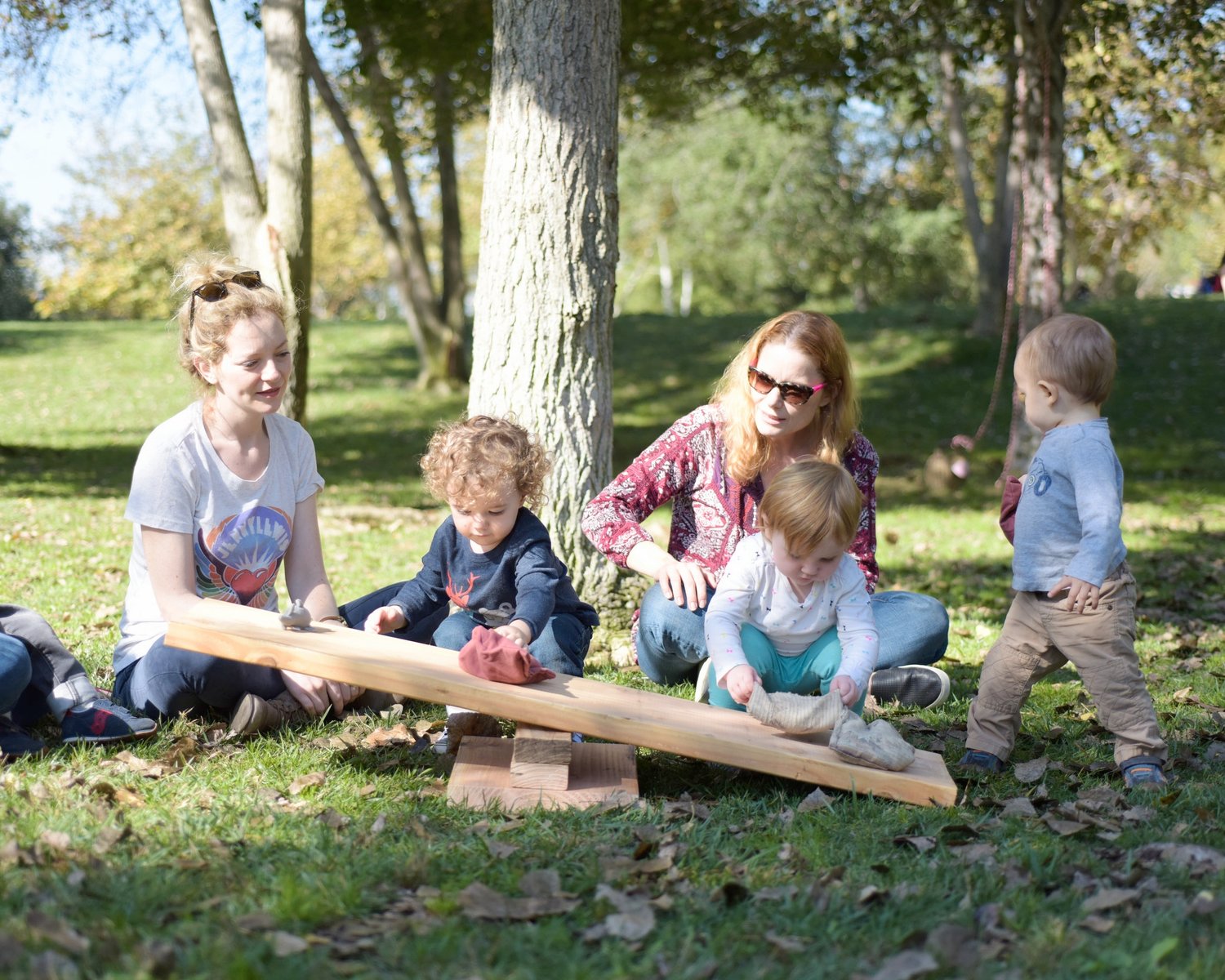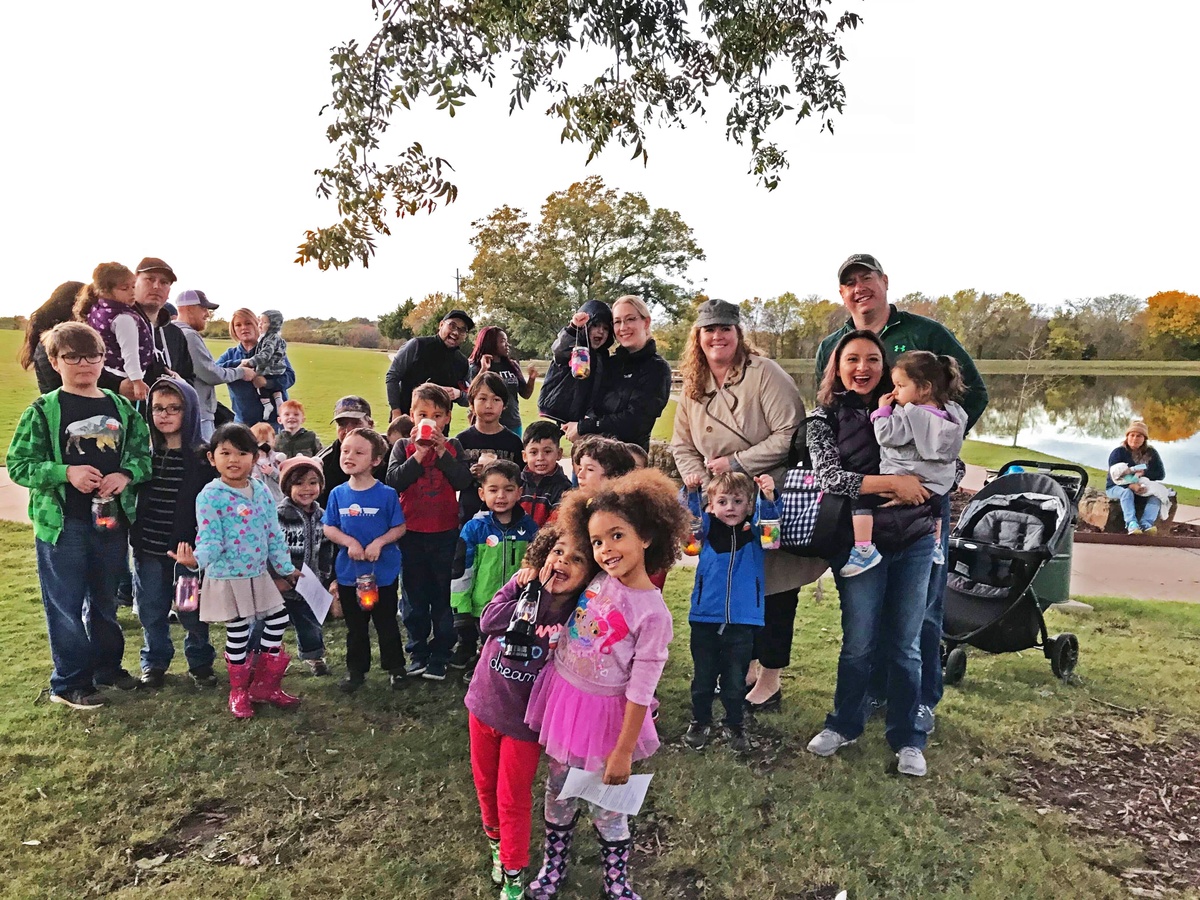There is so much pressure to nail parenting, and yet parenting is hard enough without any pressure at all. Wanting to be the best parent you can be never goes away, but when kids are young, and you are new at it, the strain feels especially great. Layer on top of that, studies show that the isolation of pandemic tends to amplify existing social anxiety, and it's understandable that parents feel even more stress.
When I was brand new to the job, learning a bit more about how I was developing as a person through the experience of parenting felt like just the boost I needed to alleviate the pressure. I'll always prefer the days when I can get a shower before I have to head out or when my kids act more like angels than the opposite, but it's made all the difference to see myself primarily as a learner and parenting as a process of growth rather than a performance.
What are we learning as parents?
We parents are trained to think about our kids’ social and emotional development. But the truth is, kids are not the only ones building social and emotional skills. Development, says Stanley Greenspan, is a series of stages through which humans gain greater capacity. These stages extend through adulthood.
For those of us who are parenting young children, we are likely in the throes of Greenspan’s 14th stage, "Building a Family." At this stage, we are building the capacity to empathize with our children without either identifying too much with their experience or withdrawing from them. In other words, we are trying to find the balance between those two extremes—too involved and neglectful—so we can both support kids and give them independence, all while we establish a new sense of self.
If you are like me, it’s hard to find time to step back and reflect on yourself as a learner. Taking the chance to really think about this stage and reflect on our experiences, though, may make a real impact on how we see ourselves and other parents.
Parents and kids have more in common than it seems...
Just like our young children, we too are working on establishing a new sense of self—one that can balance the incredibly powerful relationship with our children with our own lives as both partners and individuals. Kids are trying to figure out how to be a self in relation to us, and we are doing the same in relation to them. Considering that, it should be no surprise that our needs and theirs do not always line up. This is deeply personal and messy work for all involved. Pats on the back all around!
We get to make mistakes, too!
Although we have learned how to get what we need without grabbing toys in the sandbox, adults are, for the most part, stumbling in the dark as parents. As soon as we feel like we’ve figured out our child, she changes, and we are left to learn again. We deserve, even need, the chance to try and fail, just as our kids do. A wise mentor once coached me as a new teacher, “It’s not the weather, but the climate that counts.” That couldn’t be more applicable to parenting.
It's no surprise that we hover.
The right metaphor makes all the difference.
Given how natural the pull to helicopter is, I am so grateful for a better metaphor—the hummingbird. Defined by blogger Michele Whitaker, the hummingbird parent quietly observes and remains connected, ready to support if truly needed. But the hummingbird does not interfere with a child’s experience. This metaphor, more than any other, has helped me understand how to support kids in a way that preserves their need for independence and sense of self while also managing my own need and desire to be involved.
Find community
When I was a new parent, I found a great deal of relief in being with moms, dads and caregivers who supported and held space for each other and actively chose not to judge one another, and I still do. Over time, I’ve found that being among curious parents who trust children as learners and see themselves as learners as well has helped me not only to feel comfortable but also to grow. Two places we can provide as an organization: Tinkergarten’s OutdoorsAll4 group on Facebook or Tinkergarten classes (in person or at home). If you can find such communities, nurture them and, in turn, the learner in you.



